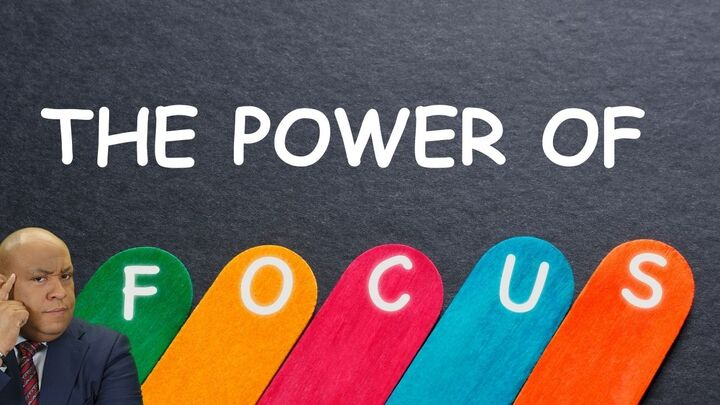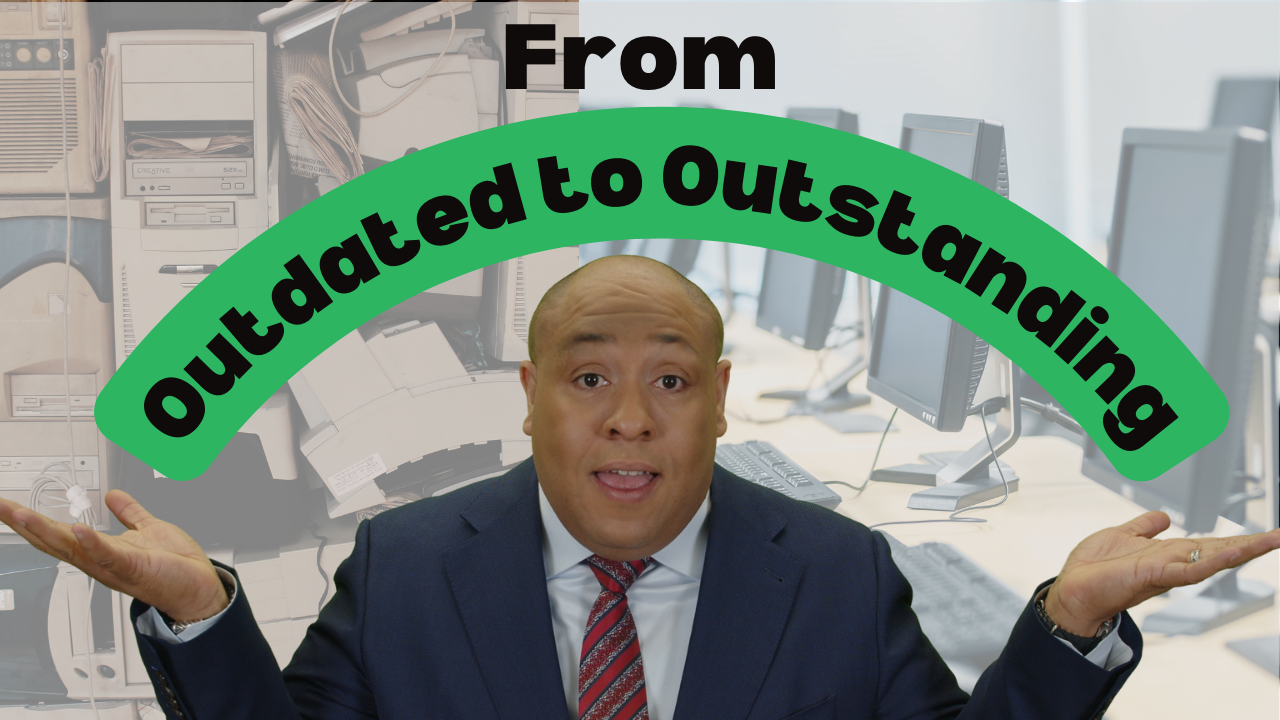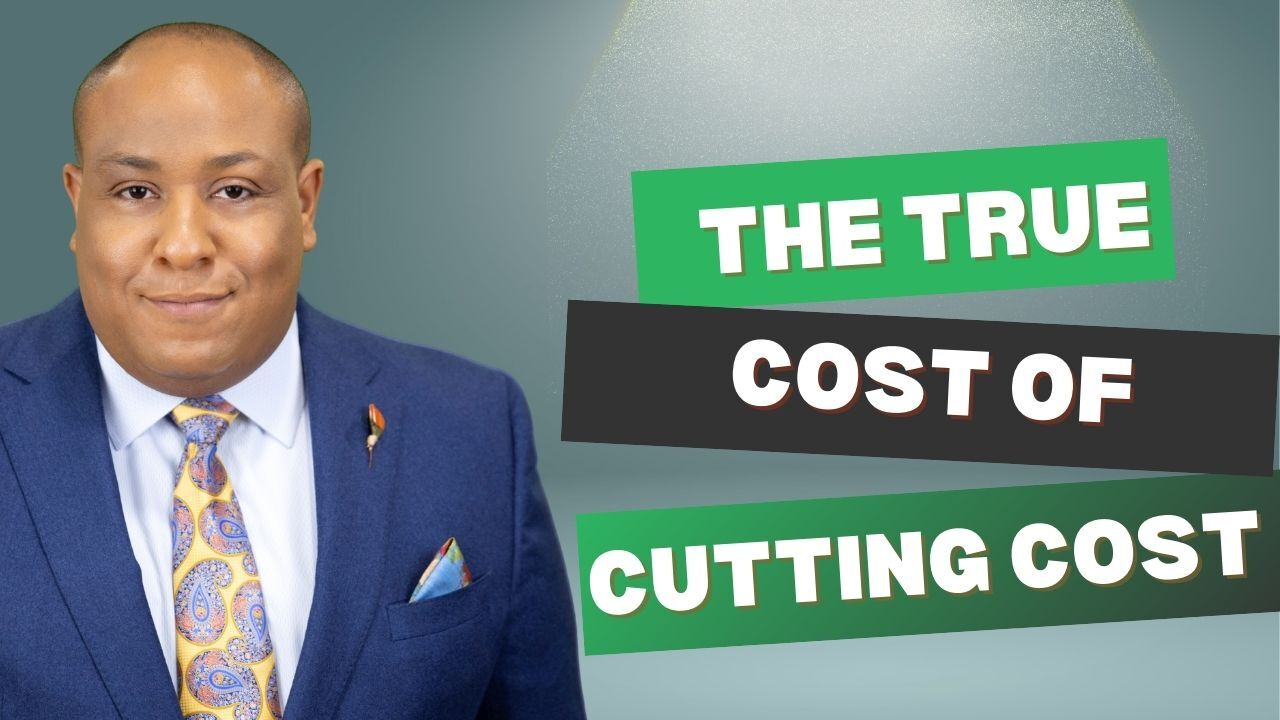804-414-8051
Shifting Your Mindset: How to Create a Culture of Continuous Improvement
Cory Mosley

In the fast-paced business world, your mindset can be the defining factor in your success. Often, our past experiences—both positive and negative—color our decisions, overshadowing the transformative power of a growth mindset. This article explores how adjusting your mindset can foster a culture rich in innovation, learning, and continuous improvement.
The Power of Remembrance: Best vs. Worst
Think about trying to remember the 32nd party you attended. It's almost impossible, right? Our brains are wired to remember extremes—the best and the worst. This natural tendency can limit our decision-making if we let it dominate our business strategies. Focusing too much on past highs and lows may cause us to miss valuable learning opportunities in between.
The Implications for Business
When this mindset influences a business culture, it can lead to stagnation rather than innovation. Leaders who fixate on extreme outcomes may become overly cautious, fearing past failures, or endlessly chase previous successes without adapting to new realities. This approach can stifle creativity and hinder growth.
To break this cycle, consistently challenge conventional wisdom. Ask yourself: "Am I letting past extremes cloud my view, or am I open to new possibilities?"
Laying the Foundation for a Growth Mindset
Transforming your mindset starts with recognizing the limitations of focusing solely on past extremes. This awareness is crucial for fostering a culture that prioritizes continuous improvement.
Here’s how to initiate this shift:
- Embrace Failure as Learning: View every outcome, whether successful or not, as a chance to grow.
Promote Curiosity: Encourage exploration and questioning beyond the status quo to drive innovation.
Value the Journey: Celebrate progress and effort, not just end results, understanding that greatness is achieved over time.
Practical Steps to Implement Change
- Conduct a Reality Check: Regularly assess how past biases might influence current decisions and encourage your team to do the same.
- Set Incremental Goals: Focus on smaller, process-oriented goals in addition to larger objectives to recognize gradual improvement.
- Foster Open Communication: Create a safe space for sharing ideas and discussing failures without judgment, building the foundation of your innovative culture.
- Invest in Learning: Allocate resources for ongoing learning opportunities for your team, from workshops to online courses.
Conclusion
Shifting from a mindset fixed on past extremes to one centered on learning and continuous improvement is a journey, not a quick fix. However, the rewards—greater resilience, adaptability, and innovation—are significant. As leaders, it’s our duty to cultivate environments where individuals are empowered to experiment, learn, and embrace all experiences without the shadow of past extremes.
Key Takeaways
- Awareness is Key: Recognize the tendency to focus on extremes and actively work to shift your perspective.
- Embrace the Full Spectrum: Every result, good or bad, offers a learning opportunity.
- Sustain Progress Through Learning: Integrate learning into your culture to drive adaptability and innovation.
- Communication Opens Doors: Foster a culture where open dialogue about successes and failures is valued.
In a constantly evolving world, let’s not be confined by our past but instead become pioneers of future success.
Similar Posts




Contact
Mosley Strategy Group LLC
2810 N. Parham Road Suite 360
Henrico, VA 23294
804-414-8051
hello[at]corymosley.com
Links
Affiliated Brands
© 2025 Mosley Strategy Group LLC. All Rights Reserved
